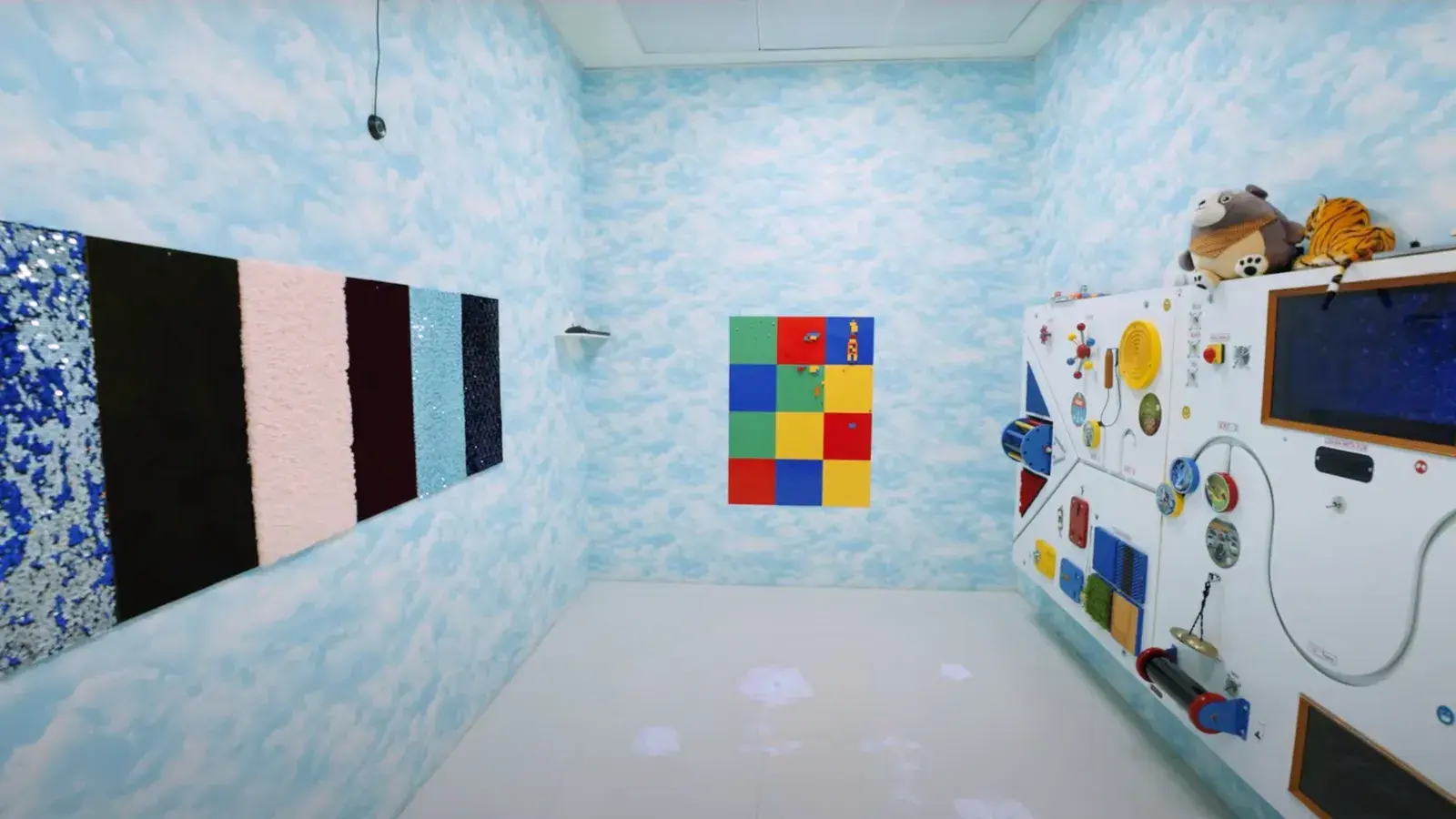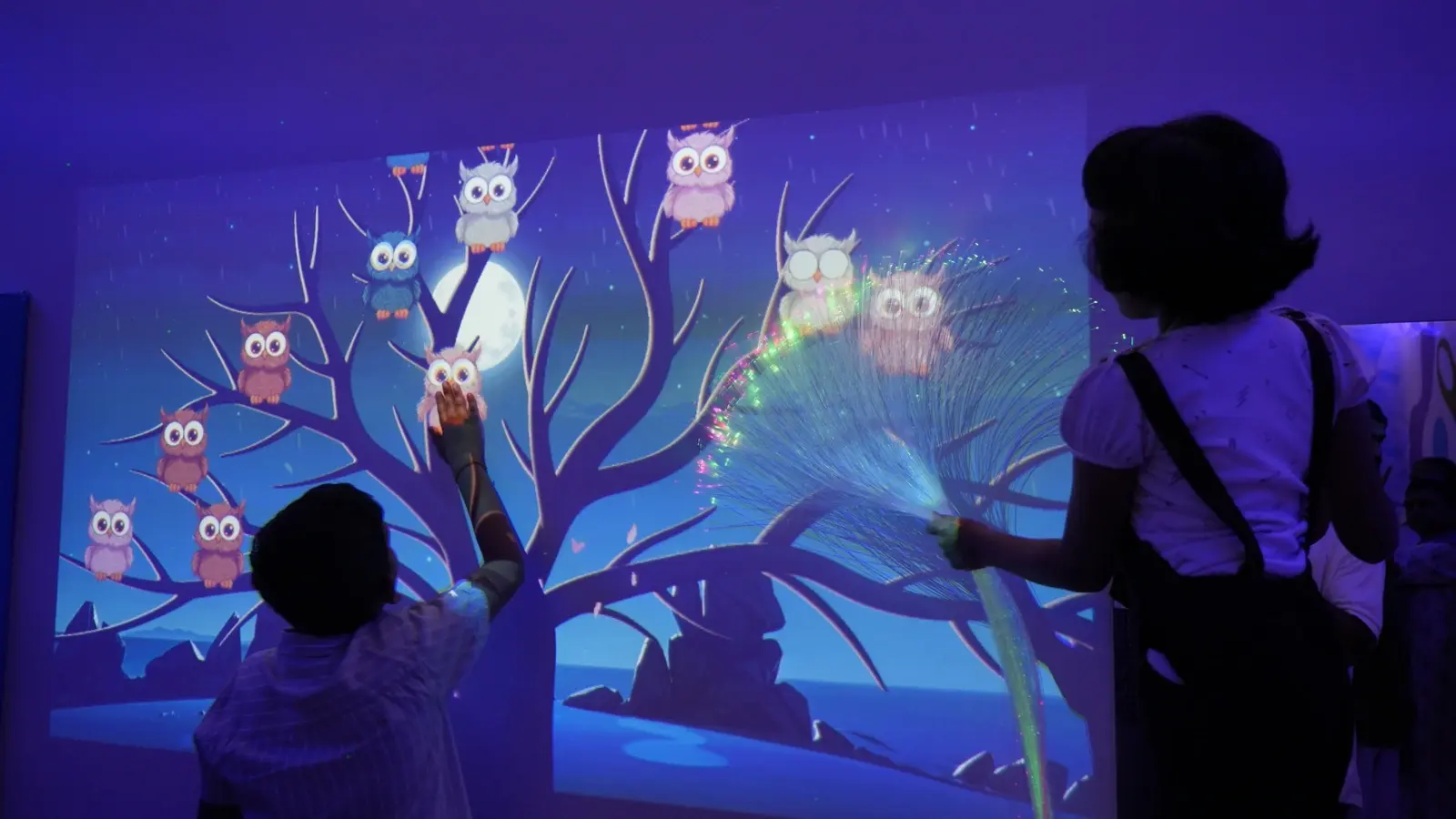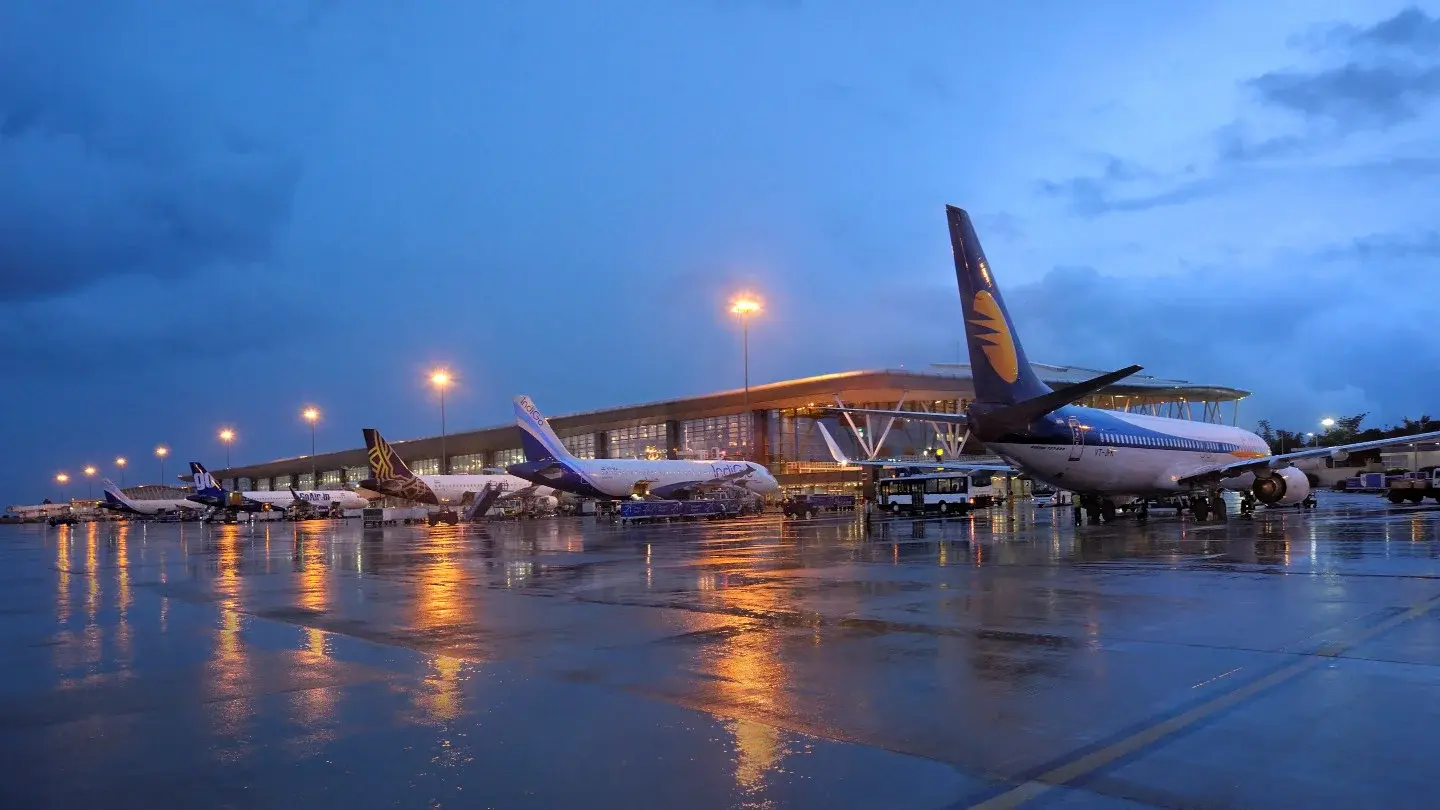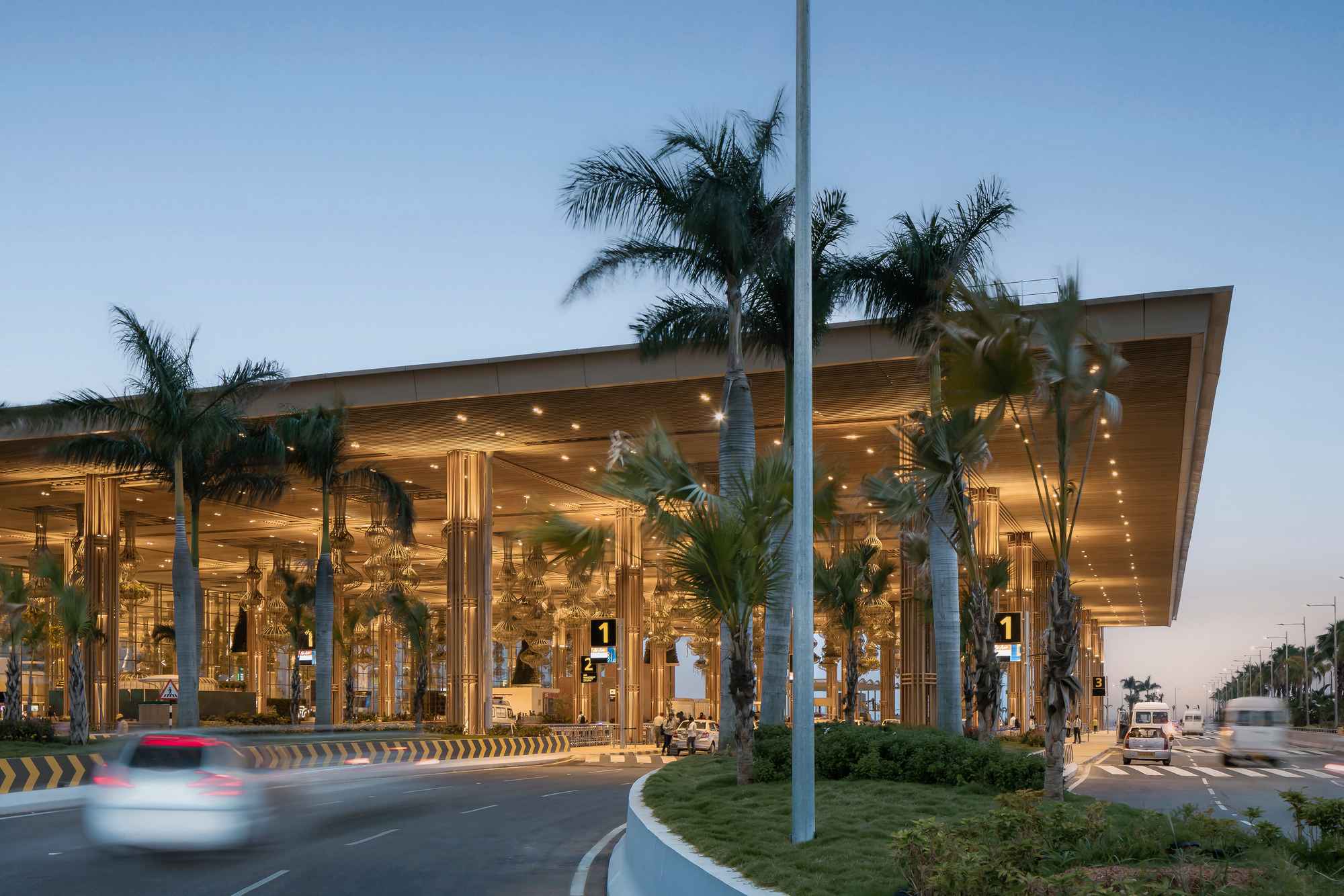As global awareness of neurodivergence rises, many public spaces, including airports, are starting to accommodate the unique needs of neurodivergent individuals. According to a report by the Indian Council of Medical Research (ICMR), approximately 1 in 68 children in India is diagnosed with autism spectrum disorder (ASD). In addition, a 2018 study by the National Institute of Mental Health and Neurosciences (NIMHANS) estimates that around 1 in 10 individuals in India could experience some form of sensory processing disorder (SPD), which can significantly affect daily activities, including air travel.
Recognising this, Kempegowda International Airport in Bengaluru is leading the way in India by becoming the first airport to introduce a sensory room designed specifically for neurodivergent passengers.
This step aims to make air travel more inclusive for individuals with autism, anxiety, or sensory processing disorders, offering them a calm and safe environment before, during, and after their flights.
Located near the 080 International Lounge on Level 4, in Terminal 2 of the airport, the sensory room is a quiet and comforting space equipped with soft lighting, calming sounds, and sensory-friendly furniture.
Collaborating with experts to design an inclusive sensory space
It has been thoughtfully designed to provide passengers with a respite from the often overwhelming hustle and bustle of the airport, featuring various tools and materials that help soothe sensory sensitivities. These include tactile toys, soft seating, and visual aids to reduce stress and create a more pleasant travel experience.

Kempegowda International Airport in Bengaluru collaborated with a variety of experts to ensure the sensory room was thoughtfully designed to meet the needs of neurodivergent passengers. The airport worked closely with Incluzza, a prominent organization specializing in disability inclusion, to incorporate insights from experts in behavioral science, occupational therapy, and autism support.
The collaboration involved consultations with professionals who understand sensory processing challenges and how specific environmental factors, like lighting and sound, can impact individuals with autism, anxiety, or sensory sensitivities. Through this collaboration, the team was able to craft a space that combines scientifically-backed design elements such as ambient lighting, sensory toys, and calming auditory features to create a soothing and inclusive environment for all travellers
The introduction of this sensory room is a part of Bengaluru Airport’s commitment to creating a more accessible and inclusive environment for all passengers. It reflects a growing recognition of the unique needs of neurodivergent individuals, offering a quiet sanctuary for those who may feel overwhelmed by the noise, crowds, or lights typical of busy airports.
How it helps: Providing relief for Neurodivergent passengers
Neurodivergent individuals, such as those with autism, sensory processing disorders, or anxiety, often experience heightened sensitivities to noise, light, and crowds. These challenges can make airports particularly overwhelming. The sensory room at Kempegowda International Airport addresses these concerns by providing a dedicated space for passengers to manage sensory overload. Here’s how it helps:

1. Calming environment:
- Soft, adjustable lighting and soothing sounds create a peaceful atmosphere, reducing sensory overload.
- The space includes sensory toys and materials to help engage and soothe travelers.
2. Safe retreat:
- The sensory room offers a quiet, private space for neurodivergent individuals to retreat from the bustling airport environment.
- Passengers can regain their composure before continuing their journey, minimizing the potential for stress or meltdowns.
3. Support for families:
- Families traveling with neurodivergent members benefit from the room as a safe, calming area for their loved ones, reducing anxiety during travel.
- Parents and caregivers can support their loved ones in a comfortable, less stressful environment without worrying about overwhelming sensory stimuli in the airport.
4. Inclusive travel experience:
- This initiative helps make air travel more inclusive by creating a space where individuals with sensory sensitivities can feel supported and comfortable.
- The sensory room is an important step toward ensuring that all passengers, regardless of their needs, can enjoy a more accessible and welcoming airport experience.
5. Global example for accessibility:
- Bengaluru Airport is setting a precedent for other airports globally, encouraging them to consider similar initiatives and make air travel more inclusive for neurodivergent passengers.

Gopika Kapoor, whose son has autism, shares, “Any effort to support neurodivergent individuals is a step in the right direction. Airports can be overwhelming, with bright lights, constant noise, beeping machines, large crowds, and fluctuating temperatures. For my son, Vir, sensory overload can trigger intense anxiety. A quiet space where he can retreat, regulate himself, and gather his composure before facing the busy environment again is invaluable. This space is also a lifeline for parents travelling with neurodivergent children, who can often feel overwhelmed during flights. My son loves to travel, but when he was younger, the noise and sensory stimulation would sometimes be too much for him. A room like this will help neurodivergent travellers to destress and approach the journey with much greater ease.”
This move by Kempegowda International Airport is a significant step toward making air travel more inclusive and supportive for everyone. By introducing India’s first sensory room, the airport is providing a safe, calming space for neurodivergent travellers, especially those with autism or sensory sensitivities, helping them manage the stress of bustling airports.

This thoughtful initiative not only reduces anxiety for families but also sets a powerful example for other airports to follow. It’s a reminder that when we create spaces that acknowledge and support the diverse needs of people, we make the world a little more inclusive and compassionate for all.
Edited by Leila Badyari
No comments:
Post a Comment